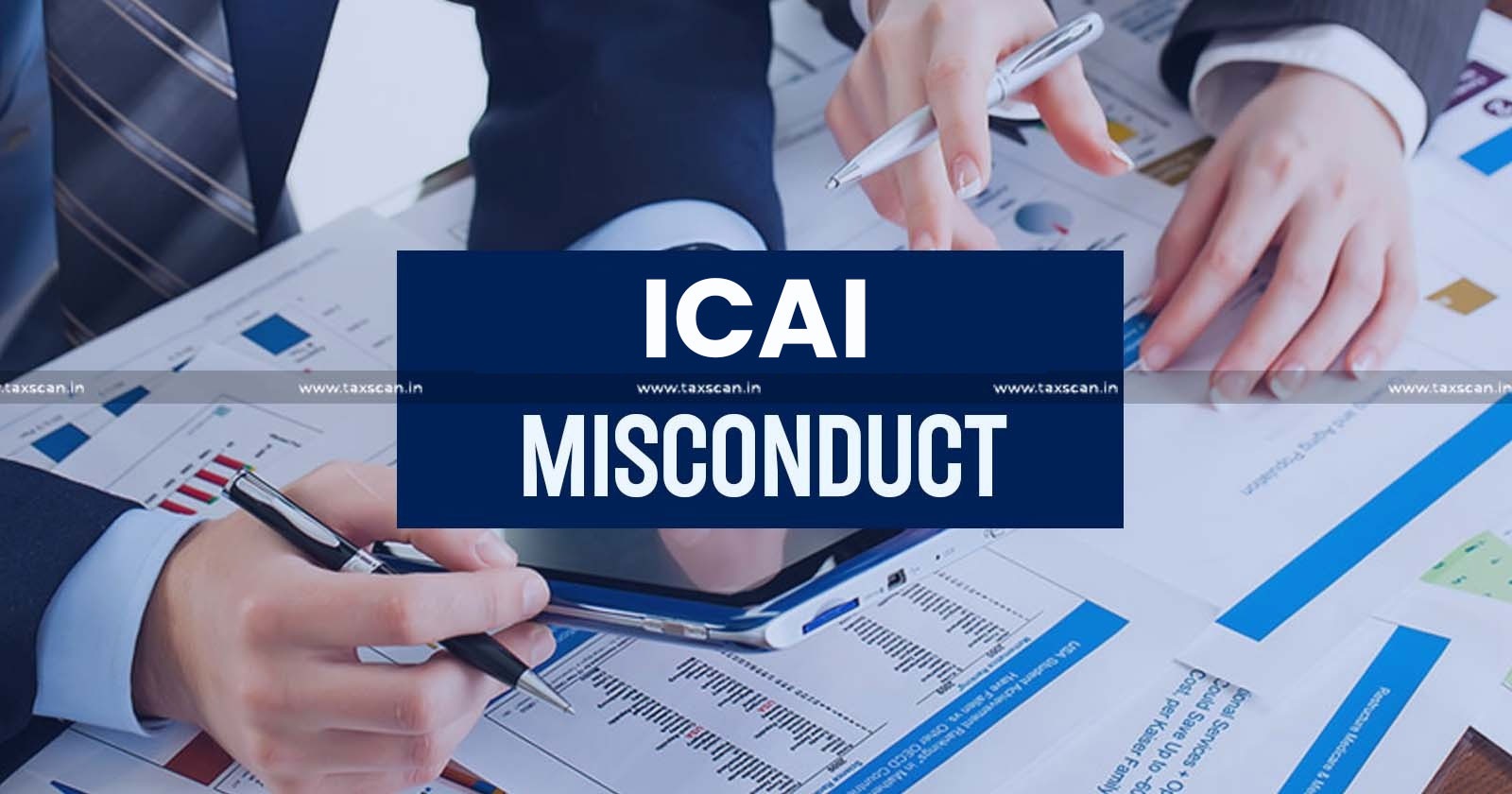N.K. Sodhi, J.@mdashThis order will dispose of a Sales Tax reference made by the Sales Tax Tribunal, Haryana whereby the following questions of law has been referred to this Court for its opinion u/s 42(1) of the Haryana General Sales Tax Act, 1973 (hereinafter called the Act):-
"Whether in the facts and circumstances of the case the provisions of Section 48 of the Haryana General Sales Tax Act, 1973 are applicable to those cases where maintenance of false accounts has been proved before the assessment of the case?"
2. Facts giving rise to the aforesaid question may first be noticed.
One M/s. Manchanda Metal Works, Jagadhri filed a complaint with the Assessing Authority to the effect that it had been delivered a consignment of goods against receipt No. 10002 dated 28.6.1975 in which M/s. Vijay Metal Works, Delhi had been mentioned as consigner and the complainant as consignee. M/s. Sardar Metal Store, Jagadhri the respondent herein (for short the assessee) claimed those goods stating that on account of negligence of the transporters those had been wrongly delivered to the complainant. The assessee requested the Assessing Authority to release the goods. Thereupon the Assessing Authority directed the assessee to produce its account books for the year 1975-76 for verification whether or not the payment of Rs. 25,000/- shown in the bill to have been made by the consignee by way of advance had been accounted for by the respondent in its books. The assessee was unable to show from his books any entry regarding the advance payment of Rs. 25,000/-. It had also been alleged that market value of the goods was Rs. 75,000/- and not Rs. 40,000/- as shown in the bill. After hearing the parties the Assessing Authority held that the goods belonged to the assessee and by purchasing them under a false name the assessee has supressed the purchases by not entering the advance payment of Rs. 25,000/- in its account books. The Assessing Authority also found that the assessee had maintained false and incorrect accounts with a view to suppress its purchases. The Assessing Authority as per order dated 19.8.1975 imposed a penalty of Rs. 25,000/- u/s 48 of the Act. The assessee filed an appeal before the Deputy Excise and Taxation Commissioner who dismissed the same and upheld the order of the Assessing Authority. Still not satisfied, the assessee filed a second appeal before the Sales Tax Tribunal, Haryana. The Tribunal accepted the appeal and set aside the orders of the authorities below on the ground that penal action u/s 48 of the Act could not have been taken since that Section is applicable only after the dealer had filed its returns and its returns or accounts were found to be incorrect. The State of Haryana filed an application u/s 42(1) of the Act requiring the tribunal to refer the aforesaid question of law to this Court which was allowed. This is how the matter is before as for answering the aforesaid question of law.
3. Since the answer to the question referred to us depends upon the interpretation of Section 48 of the Act as it stood at the relevant time the same is reproduced hereunder for facility of reference:-
"48. Failure to maintain correct accounts and to furnish correct returns. If a dealer has maintained false or incorrect accounts with a view to suppressing his sales, purchases or stocks of goods or has concealed any particulars of his sales or purchases, or has furnished to or produced before, any authority under this Act or the rules made thereunder any account, return, or information which is false or incorrect in any material particular, the Commissioner or any person appointed to assist him under sub-section (1) of Section 3 may, after affording such dealer a reasonable opportunity of being heard, direct him to pay by way of penalty, in addition to any tax payable by him, a sum not less than twice and not more than ten times the amount of tax which would have been avoided if the turnover as return by such dealer had been accepted as correct and where no tax is payable, a sum not less than one hundred rupees and not exceeding one thousand rupees."
A perusal of this section would show that it would apply where a dealer has maintained false or incorrect accounts with a view to suppress his sales or purchase or has furnished or produced before any authority any return or information which is false or incorrect in any material particulars. In case any of these events happen, the Commissioner may after affording an opportunity of hearing to the dealer impose penalty. The Section then limits the quantum of penalty that can be imposed, in addition to any tax payable by the dealer to a sum not less than twice and not more than five times the amount of tax which would have been avoided if the turnover as returned by the dealer had been accepted as correct. No doubt, maintaining false or incorrect accounts furnishes a ground to the Commissioner to impose penalty but then the amount of penalty to be imposed has to be worked out in reference to the turnover as returned by such dealer. This can happen only after the return has been filed. The Section has to be read as a whole and the words "the turnover as returned by such dealer" clearly shows that action u/s 48 can be taken only after the return has been filed or else the quantum of penalty cannot be determined. This being so, the Tribunal was right in holding that the provisions of Section 48 of the Act are not applicable to those cases where maintenance of false accounts has been detected before the filing of the return.
5. In the result, the question referred to us is answered in the negative i.e. against the Revenue and in favour of assessee. No costs.

